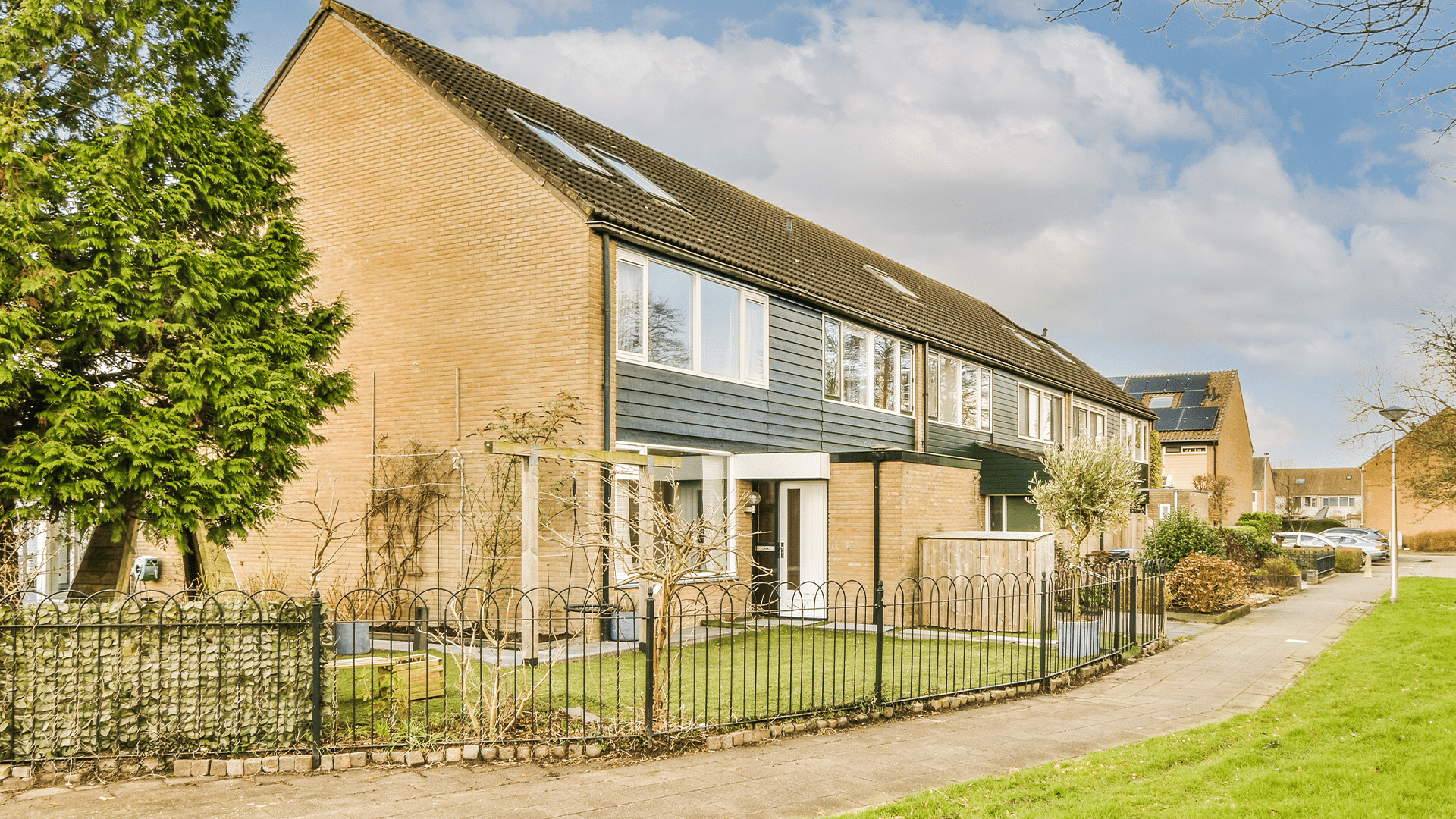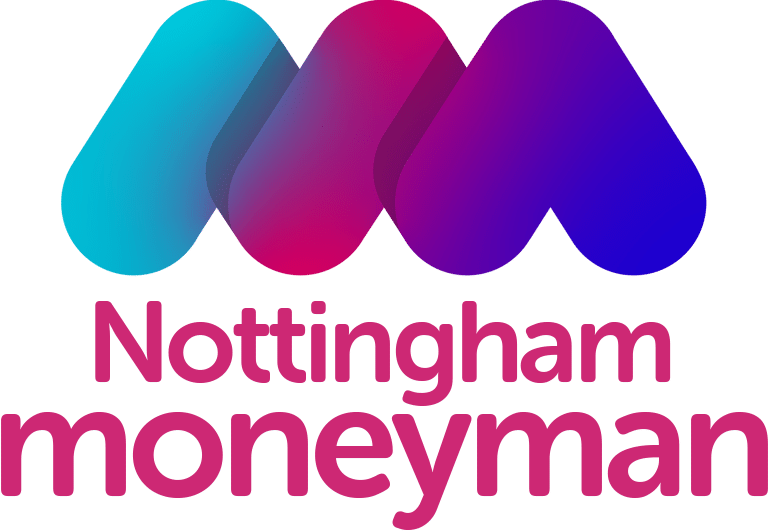When you pay your mortgage each month, part of that payment helps reduce your loan, while another part covers the interest charged by your lender. This balance can shift over time, depending on your mortgage type and how far along you are in your term.
If you’re a homeowner in Nottingham, understanding how your payments are split can make a real difference. Whether you’re planning to remortgage, move home in Nottingham or explore porting your mortgage to a new property, it gives you a clearer view of where your money goes and can help you make smarter financial decisions.
What affects the amount of interest I pay each month?
Every mortgage payment you make is split between paying off the loan and covering the interest charged by your lender. The way that split works isn’t the same for everyone and can change over time, depending on a few key factors.
Interest Rate
Your interest rate is one of the most important. If you’re on a fixed-rate mortgage, your monthly payments stay consistent for a set period, which many people find reassuring. With a variable or tracker rate, your payments can change in line with the market, which might work well if rates are low.
Loan Balance
Your loan balance also makes a difference. When your mortgage is in its early stages, more of your payment will cover interest. As your balance reduces over time, more of your money goes towards clearing the loan itself.
Length of Mortgage Term
The length of your mortgage term can affect this balance too. A longer term can make monthly payments more manageable, while a shorter term might help you reduce the total amount of interest paid overall.
Why do I pay more interest at the beginning of my mortgage?
When you first take out a mortgage, it can be surprising to see just how much of your monthly payment goes towards interest rather than the loan itself. This is a normal part of how repayment mortgages work, and it gradually changes over time.
At the start of your mortgage term, your outstanding balance is at its highest. Because interest is worked out based on the size of your loan, more of your monthly payment goes towards that cost in the early years. As the balance starts to reduce, a larger portion of your payment begins to go towards the loan itself.
This pattern is known as front-loading. That’s why progress can feel more gradual at first, even though your payments are working exactly as they should. But over time, the balance shifts and your payments begin to make a more noticeable impact.
It’s a pattern that’s built into how most mortgages work, but once you know how it behaves, it’s easier to plan around.
Can I reduce the amount of interest I pay on my mortgage?
Yes, there are ways to bring down the amount of interest you pay over the course of your mortgage. Even small changes can make a noticeable difference over time, and there are steps you can take to make more progress with each payment.
Overpayments
One option is to make overpayments. Even adding a little more than your usual amount each month can start to reduce your loan balance sooner. Because interest is worked out on the amount you owe, paying more early on can ease future costs.
Adjust Mortgage Term
Another approach is to adjust your mortgage term. Choosing a shorter term can help you finish your repayments sooner, which may also reduce the total amount of interest you pay along the way. It’s always worth making sure this fits comfortably within your budget.
Remortgage
Many homeowners also look at a remortgage in Nottingham to find a deal that suits them better. A lower rate or more flexible product can help reduce your monthly costs or even bring the finish line a little closer.
How does an interest-only mortgage work compared to a repayment mortgage?
With a repayment mortgage, each payment you make goes towards both the interest and part of the loan itself. Over time, this reduces your balance until the mortgage is fully paid off at the end of the term, as long as your payments are up to date.
With an interest-only mortgage, your monthly payments only cover the interest on the loan, so the amount you owe stays the same throughout the term. At the end of the term, you’ll need a plan in place to repay the original loan amount in full.
Because of this setup, lenders usually want to see a clear repayment plan before they approve an interest-only mortgage. This might include savings, investments or selling another property. These types of mortgages are less common for residential homes now, but some homeowners and landlords in Nottingham may still choose them depending on their plans.
If you’re unsure which type of mortgage is right for you, speaking to a mortgage advisor in Nottingham can help. They’ll take a look at your income, future plans and how flexible you need your deal to be, so you can find something that works now and further down the line.
Speak to a Mortgage Advisor in Nottingham
Understanding how much of your mortgage payment goes towards interest is a great step towards getting more out of your mortgage. Whether you’re just curious, thinking about overpaying, or wondering if there’s a better deal out there, we’re here to help.
Our team of mortgage advisors in Nottingham can explain how your current deal works, show you what options are available, and guide you through any changes you’re thinking of making. With the right advice, you can make your mortgage work better for your plans.
Date Last Edited: May 21, 2025














